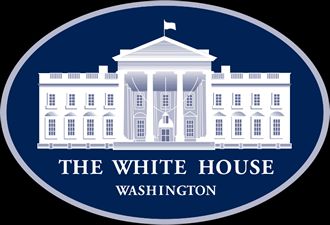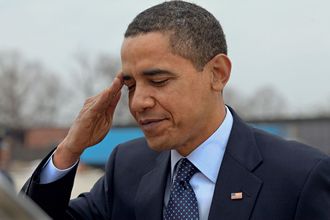 While his security spooks are complaining that company moves to use strong encryption is making their life difficult, President Barack Obama said he likes the technology, other than when he doesn’t.
While his security spooks are complaining that company moves to use strong encryption is making their life difficult, President Barack Obama said he likes the technology, other than when he doesn’t.
Talking to Recode, Obama appears to have jumped on the side of the big tech corporations against the NSA and when asked if American citizens should be entitled to control their data, just as the president controls his own private conversations through encrypted email, he said yes.
Obama replied that he’s “a strong believer in strong encryption …. I lean probably further on side of strong encryption than some in law enforcement.” He maintained that he is as firm on the topic as he ever has been.
However the matter, claimed Obama was hypothetical. If the FBI had a good case against someone involved in a terrorist plot and wants to know who that person was communicating with? Traditionally, they could get a court order for a wire tap. Today, a company might tell the FBI they can’t technically comply.
He warned that the first time that an attack takes place in which it turns out that we had a lead and we couldn’t follow up on it, because the data was encrypted the public’s going to demand answers.
“Ultimately everybody, and certainly this is true for me and my family, we all want to know that if we’re using a smartphone for transactions, sending messages, having private conversations, that we don’t have a bunch of people compromising that process. There’s no scenario in which we don’t want really strong encryption,” he said.
So, in other words, everyone should have strong encryption which should turn itself off when the security services want to have a look at it.









